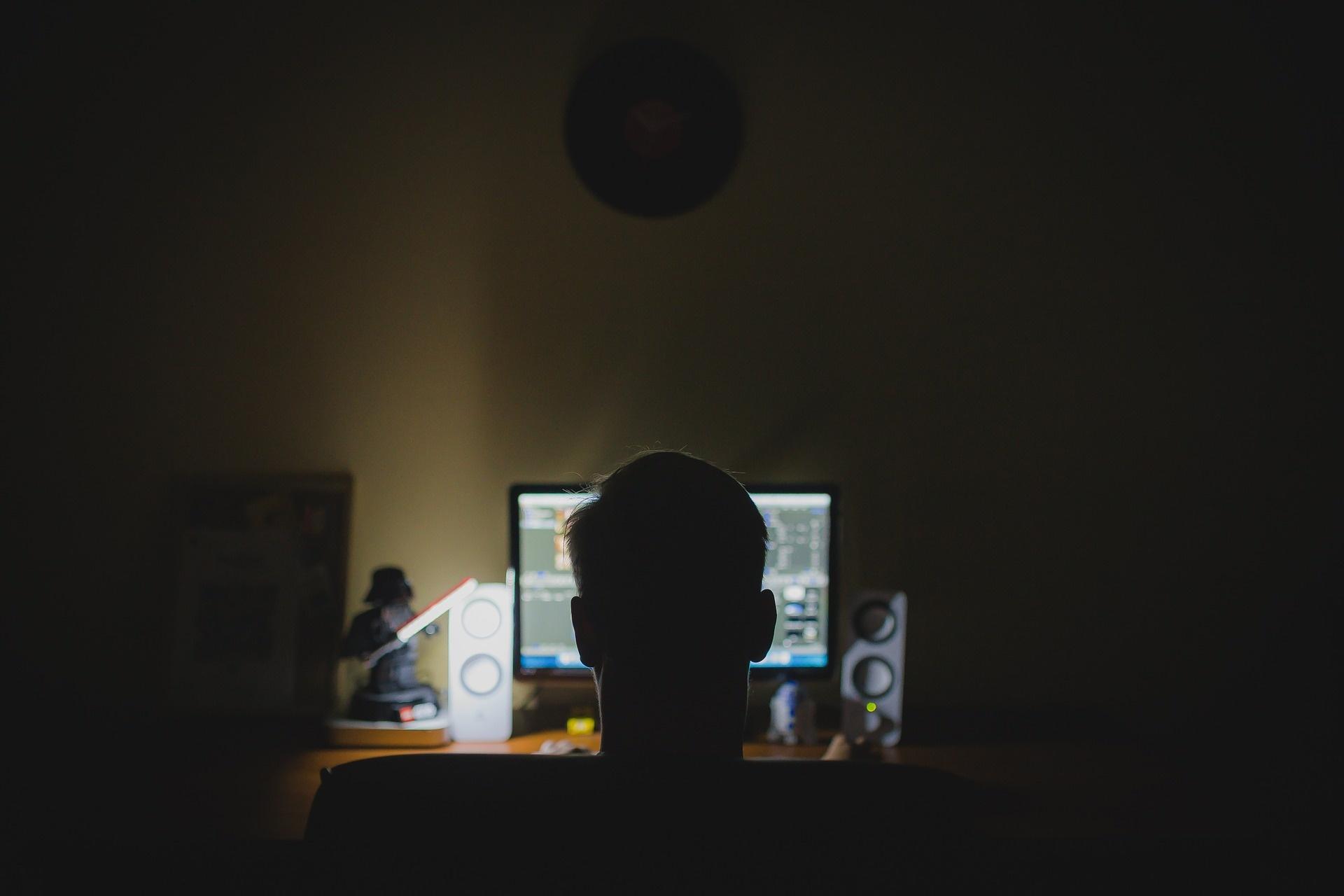HACKETTSTOWN, N.J. (WLVT) — These days, some of the most basic information about a person, like an address, phone number or email, is just a click away.
Tech Takeover: Watch more tech reports from PBS39's Megan Frank
Doxing or "doxxing" is the practice of collecting that data and posting it publicly online.
"The name doxing comes from the hacker culture of the ‘90s. It’s sort of this old-school revenge tactic. It comes from the slang term dropping docs, as in dropping documents," explained Lindsay Gorman, the Emerging Technologies Fellow at the Alliance for Securing Democracy, a non-partisan think tank based in Washington, D.C.
"One of the earliest instances of doxing was perpetrated by the online group Anonymous. They released phone numbers of KKK members," said Gorman.
As the Trump campaign continues to assert baseless and unproven claims of voting fraud in Pennsylvania, extremist supporters have used doxing to threaten election workers. Secretary of State Kathy Boockvar was targeted on right-wing social media app Parler. Users posted her phone number and home address and encouraged people to show up at her house.
"Election workers who have maybe not signed up for public life are now becoming the victims of this groundswell of skepticism, of conspiracy theories, and ultimately are receiving real damage to their privacy, and their physical and emotional well-being," said Gorman.
Matt Krayton, who teaches digital media topics at Centenary University, says he’d like to see more public officials condemn the practice.
"Doxing is effective at intimidating people and that’s why it’s being used to intimidate election officials," Krayton told PBS39. "Prior to this election cycle, most Americans would not have heard of a board of canvassers or board of elections, let alone know the names of those individuals. It’s unfortunate that by doing their jobs, they’re putting themselves in harm's way."
Gorman says it can be tough to hold doxers accountable.
"Investigators will look for the source of the information: How did the person who released the information obtain it? Did they engage in illegal means to obtain it? If the doxer had to hack into a system, that crosses into illegal activity," she said.
Krayton says the victim also needs to prove intent.
"Posting someone’s personal information online is not a crime, necessarily," said Krayton. "However, if you post or use that information with malicious intent of causing harm, that is very much illegal."
Gorman says victims of doxing should take screenshots of the information and report it to law enforcement. While a victim may opt to change some of their personal information, she warns: "Even if you change personal details, for most of us, our lives still remain very much online."




